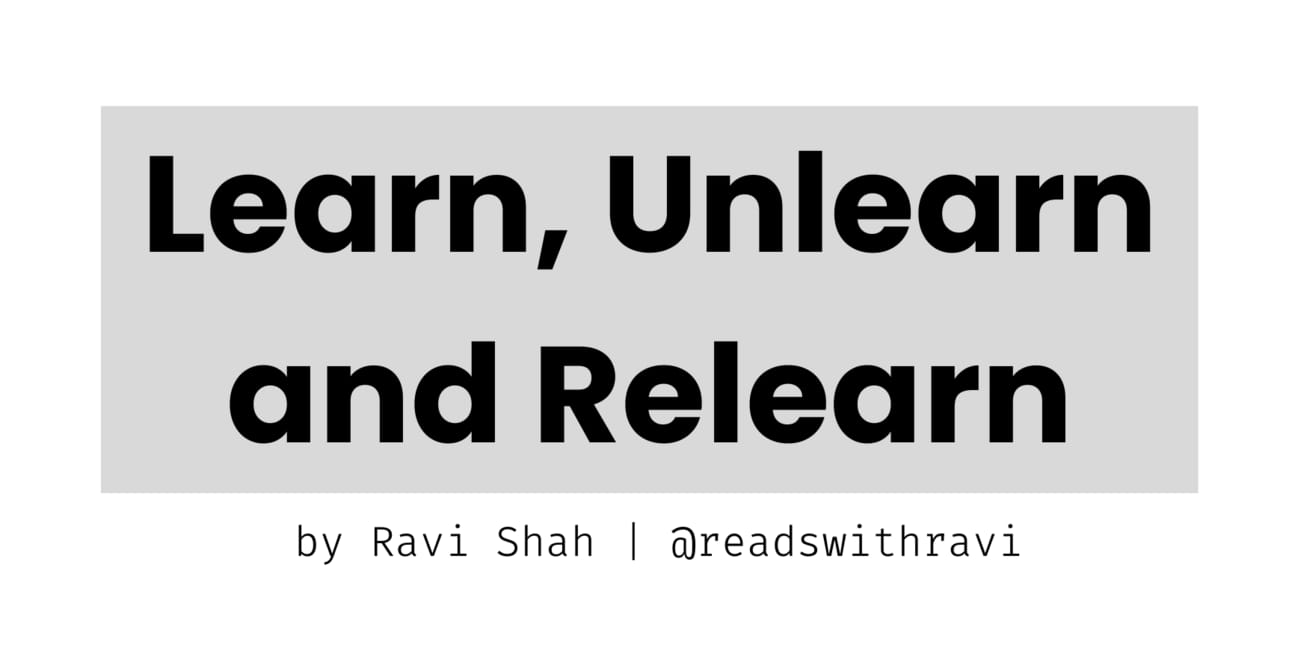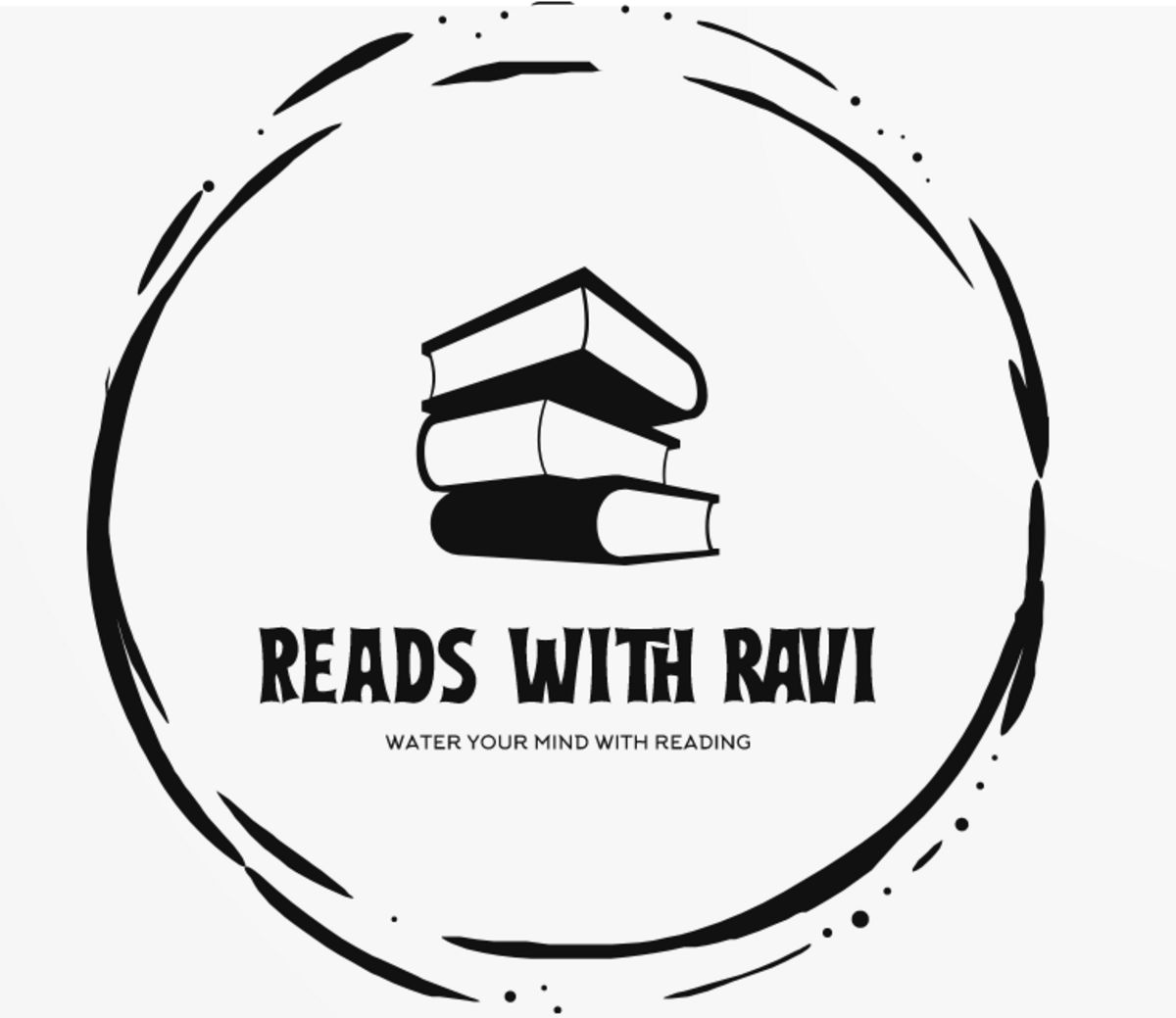
Join 400,000+ executives and professionals who trust The AI Report for daily, practical AI updates.
Built for business—not engineers—this newsletter delivers expert prompts, real-world use cases, and decision-ready insights.
No hype. No jargon. Just results.
Happy Thursday folks!
Here is my favorite passage of the week, two quotes and book of the week with two important lessons to ponder on:
Passage of the Week:
Author James Clear on how to stick with good habits every day:

From Atomic Habits by James Clear
Two Quotes:
“Discipline is doing what you hate to do, but doing it like you love it.”
“Instead of worrying about what you cannot control, shift your energy to what you can create.”
Book of the Week with 2 Important Lessons:
The book of the week is The Next Conversation: Argue Less, Talk More by Jefferson Fisher.

Practical and a riveting read with full of instantly actionable advice that will improve how you communicate. No matter who you’re talking to, it offers a tried-and-true framework that will show you how to transform your life and your relationships by improving your next conversation.
Whether it’s handling a heated conversation, dealing with a difficult personality, or standing your ground with confidence, his down-to-earth teachings have helped countless people navigate life’s toughest situations. With this book, Fisher has distilled his three-part communication system (Say it with control, Say it with confidence, Say it to connect), which can easily be applied to any situation.
The book is also recommended by Andrew Huberman, Mel Robbins, Chris Voss and others.
Here are two important lessons from the book:
1) The Gift of a Pause:
When you’re anxious, scared, or upset, do you talk faster or slower? You talk faster.
It’s a sign of your ignition phase, and it’s normal. The increased heart rate speeds up your thought processes, readying you for split-second reactions. Reflexes become quicker. Speed becomes priority. As a result, your mind starts to think faster than your mouth can often get out the words. That’s why you tend to speak much faster than you normally would. The desire to rush causes you to emotionally react rather than logically respond.
A well-timed pause credits you with the power of time. Time to reflect, time to reconsider, and time to regulate. Pausing in an argument isn’t a sign of hesitation. It’s a sign of intention and self-control. More often than not, the person who controls the pace of the conversation is the person most in control of themself. Words that come after a deliberate choice of silence have more impact because they indicate that what follows has been measured, adding weight to the meaning.
The length of a pause is useful for different contexts. A short pause of one to four seconds before responding or answering a question make you sound stronger and more resolute. A longer pause of five to ten seconds creates anticipation and serves as a mirror that engages the cooling phase. When you embrace the silence of a pause, you take control of the speed of a conflict.
2) How to Stop Defensiveness:
Becoming defensive is the quickest way to break connection between you and the other person. Defensive behavior, from either of you, puts up a wall. It stops the other person from understanding you, and it closes you off from understanding the other person. You can prevent yourself from getting defensive with a conversational breath (a nine-second pause) and get curious by turning your mind from outward to inward, to maintain your cooling phase.
Once you have better control of yourself, use these two strategies to prevent the other person from getting defensive:
I) Begin your sentence with “I” not “You”
As soon as you start your sentence with you, it automatically puts the other person in a defensive stance. When you start your sentence with I, you prevent their trigger because it focuses on your feelings and perspective, not on notions that you’re accusing or blaming them. It’s also a more assertive approach.
For example,
Instead of “You’re always looking at your phone.” —> Try “I enjoy sharing time together without our screens.”
Rather than “You don’t appreciate me.” —> Try “I felt unappreciated when you didn’t respond.”
II) Don’t begin your question with “Why?”
In most scenarios in which you’re questioning someone, why comes across as accusatory. It often implies wrongdoing, blame, or judgement. It hits their autonomy trigger. It’s not that they’re asking you a question that upsets you. It’s that “why” feels like they’re questioning you. To fix it, replace the “why” with “what,” “when,” or “how.”
For example,
Instead of “Why didn’t you take the trash out?” —> Try “When are you planning on taking out the trash?”
Rather than “Why’s you do it like that?” —> Try “How did you decide on this?”
Instead of “Why can’t you just relax?” —> Try “What’s preventing you from relaxing?”
Books – I am currently reading:
Rereading Digital Minimalism by Cal Newport. In this book, he outlines a practical philosophy and plan for a mindful, intentional use of technology that maximizes its benefits while minimizing its drain on our attention, focus and time. It will also help you identify which uses of technology are actually helping you reach your goals, and which are holding back.
The Math of Life and Death: 7 Mathematical Principles That Shape Our Lives by Kit Yates. A brilliant and entertaining mathematician illuminates seven mathematical principles that shape our lives. Through fascinating stories and examples, he shows how math is the beating heart of so much of modern life.
READING TIP: Schedule Time for Daily Reading
Make time for reading in your daily routine. Schedule reading into your day like you do for a meeting at whatever time works for you. Read during your mornings, at lunchtime, or before you head to bed.
I read mostly in my mornings as it sets up the tone for my day ahead.
Thank you for reading and all your support.
I am excited to keep bringing you the new and old books, great insights, and lessons.
Until next week, stay curious and happy reading!
— Ravi Shah | @readswithravi



